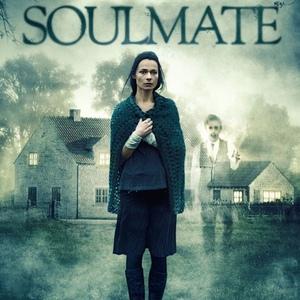As I mentioned a couple of weeks ago, I’ve become a frequent visitor to our local cinema, so my film recommendations are a bit more up-to-date than usual (ie I’m not dredging up long-forgotten B movies to write about). This week, CIVIL WAR, which I’m sure you’ve heard plenty of talk about.
A journey across a dystopian future America, following a team of military-embedded journalists as they race against time to reach DC before rebel factions descend upon the White House.
Although the synopsis above (cribbed from IMDB) describes a ‘dystopian future America’, CIVIL WAR feels extremely prescient, and the world it depicts seems only a hair’s breadth away. All credit, then, to writer/director ALEX GARLAND for creating an intelligent, thought-provoking movie that manages to largely steer a path through today’s political chaos.
I’m a big fan of Garland’s work. He wrote, of course, 28 DAYS LATER and DREDD amongst others, and has also directed a number of fascinating films – EX MACHINA, ANNIHILATION, and MEN. CIVIL WAR is perhaps the most straightforward of these movies, and I think it benefits from an uncomplicated, direct approach.
Central to the success of the film is the decision not to take sides. By telling the story from the perspective of a group of journalists with different backgrounds and experience, we see what they see through a number of lenses. KIRSTEN DUNST is Lee, weary and battle-hardened, physically and emotionally drained from the effort of covering many similar conflicts around the world, and quietly exhausted at having to report on a home-grown war. Her antithesis in some ways is found in Jessie, played by CAILEE SPAENY – a young photographer who’s just started out, and who’s full of the excitement and drive that over the years Lee has lost. The plot is necessarily simple – the group travel across the US to interview the president in the Whitehouse – and the film moves at a cracking pace.
Though nowhere near as disquieting and dark as, say, THREADS or THE WAR GAME, CIVIL WAR does feel like a quasi-documentary at times. In the past I’ve written about the films of THE WAR GAME director PETER WATKINS, who used a fascinating framing device that shouldn’t work but did. His films were shot as if they were a documentary, complete with a film crew and vox pops. You just had to suspend your disbelief as you watched sixteenth soldiers and nuclear war survivors being interviewed about their predicament. It sounds like a preposterous approach, but as anyone who’s seen his films can attest, it really works. Here, Garland’s use of the photographs taken by the journalists have an eerily similar effect. It’s worth checking out the behind-the-scenes clips where he talks about how this was accomplished.
Prior to the release of CIVIL WAR, I was worried that the film’s reception would be impacted by today’s volatile political environment, not just in the US. Garland’s approach to telling this story has successfully circumvented those concerns, and what we’re left with is a fascinating and thought-provoking film. It’s brutal at times and forces you to confront uncomfortable situations with your eyes wide open. I highly recommend checking it out.


